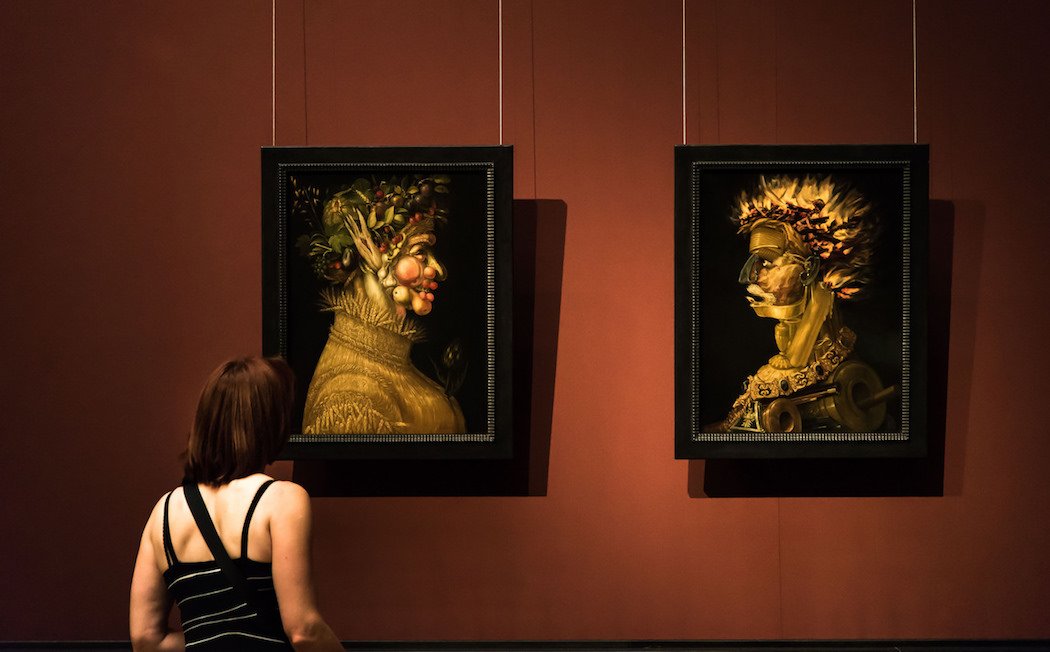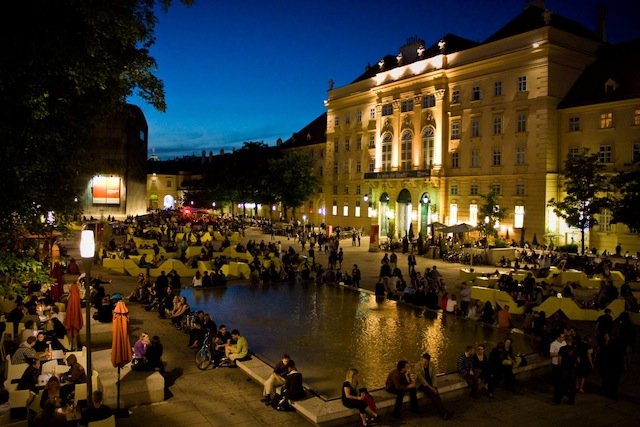Course Description

Edit Headline Text
Edit Subhead Text

This caption describes the image above.
Among the world’s major cities, Vienna, Austria, stands out as a place where the past remains a uniquely powerful shaper of collective identity—an identity that is also shaped by equally powerful forces to forget that very past. A frontier city of the Roman Empire, the residency of the Hapsburg Dynasties, a capital city to the Holy Roman, Austrian, and Austro-Hungarian Empires, and a hotbed for espionage between the Eastern and Western blocs during the Cold War, Vienna is a city where past and present collide. The profound upheavals of two World Wars and the Holocaust fractured cultural memory in the city, leading to Vienna’s deep ambivalence to recent history. From its ancient Roman ruins to the monuments of its famous nineteenth-century Ringstraße, Vienna’s urban landscapes have long been inscribed by layers of collective remembering.

This caption describes the image above.
The purpose of this course is to study the ways in which cultural memory has shaped, and continues to shape, urban life in this remarkable urban setting. For individuals and groups alike, memory forms an essential component of their social identity; by definition, it involves sharing, discussion, negotiation, and conflict. Cultural memory in cities like Vienna is produced in various forms—from memorials, public art, and commodities to popular culture, rituals, and museums—and is inevitably anchored in cities. Museums and memorials, for example, have been historically built as official places of memory in prominent cities to communicate a sense of national history and citizenship. Yet, due to the distinct interests of diverse social groups, these urban pasts are open to multiple interpretations that, in many cases, lead to willful and organized forgetting.

This caption describes the image above.
The city will be our laboratory as we examine theoretical discussions of memory and the city in a provocative geographical setting. We will study the cultural memory of Vienna through a combination of lectures, discussions, field excursions, and by attending cultural events and musical performances. Vienna’s renowned beauty has inspired and influenced some of the western world’s great cultural leaders and thinkers: Mozart and Beethoven wrote their most stirring music in Vienna, which we will hear at the opera and symphony. Gustav Klimt and Egon Schiele created masterwork paintings here, and Sigmund Freud’s theories of the psychological unconscious bear a distinctly Viennese influence. Thus, our class excursions will take us to the museums that house the artifacts so important to Vienna’s collective memory: the KunstHaus Wien, Secession, Sigmund Freud Haus, Austrian Gallery, and Jewish Museum. On-site visits and tours include the Vienna Woods, Ringstraße, Holocaust Memorial at Judenplatz, Prater and Riesenrad, Nazi-era Flak Towers, Karl Marx Hof socialist-era housing, and the United Nations. We will also undertake three daylong field excursions outside Vienna to the Donau Auen National Park, the Wachau World Heritage Region, and the Mauthausen concentration camp.”

This caption describes the image above.
Consistently ranked the world’s most livable city, Vienna is valued for its outstanding cultural events and entertainment, its environmental approach to sustainability, and its enviable public transportation and housing infrastructure. Exploring this exciting and lovely terrain is bound to leave its own memorable impression.

This caption describes the image above.
